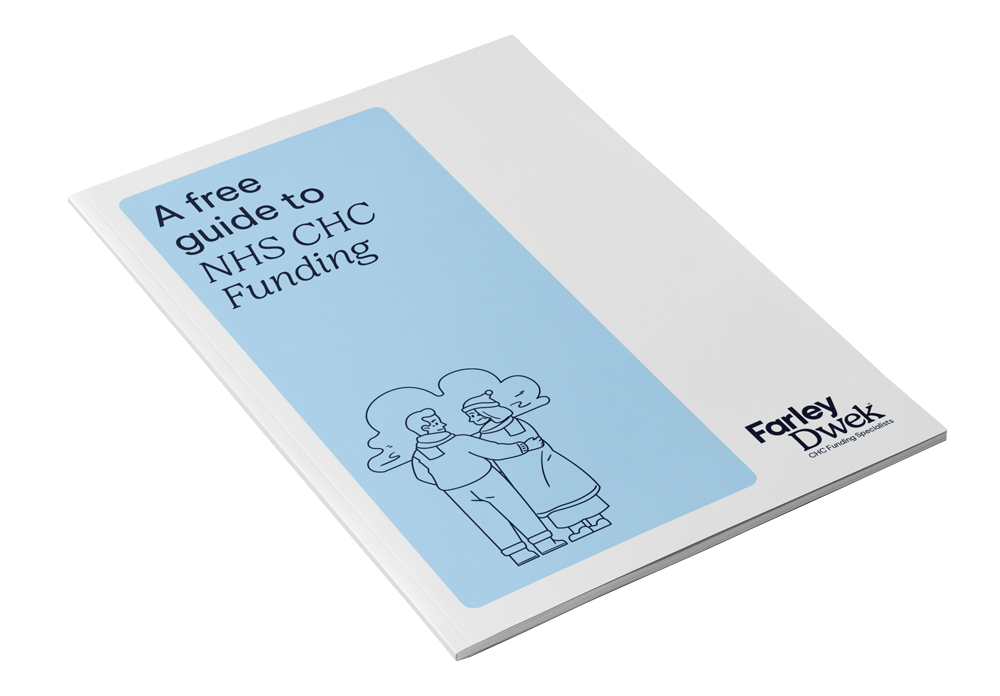Deprivation of Capital
It is important to be aware that there are strict rules in terms of what your relative can and can’t do with their capital to mitigate the future costs of care.
Local Authorities have the power to scrutinise your relative’s financial circumstances as part of the means-testing process and will look closely at their historic capital. This is to identify whether they believe they have tried to dispose of their capital in order to mitigate or avoid the cost of paying for their care. This is known as Deprivation of Capital.
However, it is also important to note that the Local Authority can only consider the capital of your relative needing care and not the capital of their spouse, including any joint assets.
Deprivation of Capital
There are a number of rules set out in the Charging for Residential Accommodation Guide (April 2012), which allow Local Authorities to consider if your relative has disposed of capital or assets to reduce their assessment to pay for their care costs. If the Local Authority believes that your relative has disposed of capital specifically for this purpose, then they can disregard that disposal and treat your relative as if they still possessed the capital. In other words, they will still have to pay for their care. This probably seems like a fair process to most people.
There are a number of examples where the Local Authority might well consider that your relative has disposed of capital in order to reduce their assessment for care costs. These include:
- Where a lump sum has been paid to someone else as a gift or to repay a debt on their behalf
- Where substantial expenditure has been incurred i.e. an expensive holiday or buying a new car
- Where the title deeds to a property have been transferred to someone else
- Where money has been transferred into another form i.e. into personal possessions, jewellery etc.
- Where capital has been reduced by extravagant living i.e. gambling
- Where capital has been used to purchase an Investment Bond with Life Assurance (depending on the circumstance and timing of the purchase)
Your relative simply cannot take these measures to reduce their capital in the hope of not having to pay for their care costs in full – it won’t work.
Having said that, when assessing whether Deprivation of Capital has taken place, the Local Authority must consider when these events or measures took place.
The general rule of thumb is that, if your relative has undertaken any of these measures before they could have reasonably foreseen that they had an impending need for care, then the Local Authority may have to disregard what’s happened and consider their capital on the basis of what they had when they entered the care assessment process. There are no hard and fast rules. But, if your relative has not had any interaction with the NHS or Social Services in terms of forming a Care Plan before they reduced their capital, they may have a strong argument that they were not seeking to deprive themselves of capital.
Although, if your relative does deprive themselves of capital prior to requiring care, they may be putting themselves in a precarious financial situation unnecessarily.



